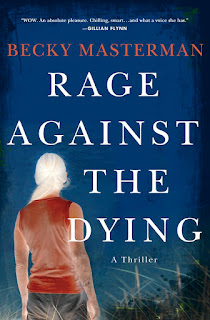As a Cuban-American poet, I love writing novels in verse about the island’s history. I feel most inspired when I am writing about someone who was far ahead of his/her own time, yet has been forgotten by history. My newest book is a biographical novel in verse about Gertrudis Gómez de Avellaneda, one of the world’s earliest feminist/abolitionist writers. Celebrated during her lifetime, she is now practically unknown outside of Cuba, and deserves to be re-discovered. Unlike male abolitionists in Latin America, Avellaneda--also known by her childhood nickname, Tula--paired her pro-emancipation stance with a daring campaign against arranged marriage, which she viewed as the marketing of teenage girls.Learn more about the book and author at Margarita Engle's website.
Tula’s real life was as dramatic as her works of fiction. After refusing an arranged marriage, the young author was sent to a country estate as punishment for hysteria. There, she met the real people who inspired her interracial romance novel, Sab, which was published eleven years before Uncle Tom’s Cabin, and was far more influential in Europe.
For a movie version of The Lightning Dreamer, I would choose America Ferrera to play the role of Tula, who was intelligent, emotional, and bold. Writing in defiance of the wishes of her strict mother, she had to destroy her early poems and plays, yet she still managed to create and direct a theater for orphans.
I hope that diplomatic relations between the U.S. and Cuba are soon restored, so that Hollywood can film The Lightning Dreamer in an authentic setting. In the event of continued political intransigence, the Dominican Republic would be my second choice. March would be the perfect release date, since Tula’s life story is such a meaningful addition to the literature of Women’s History Month.
Read--Coffee with a Canine: Margarita Engle & Maggi and Chance.
--Marshal Zeringue








